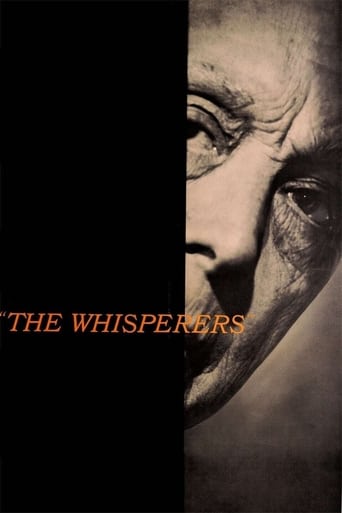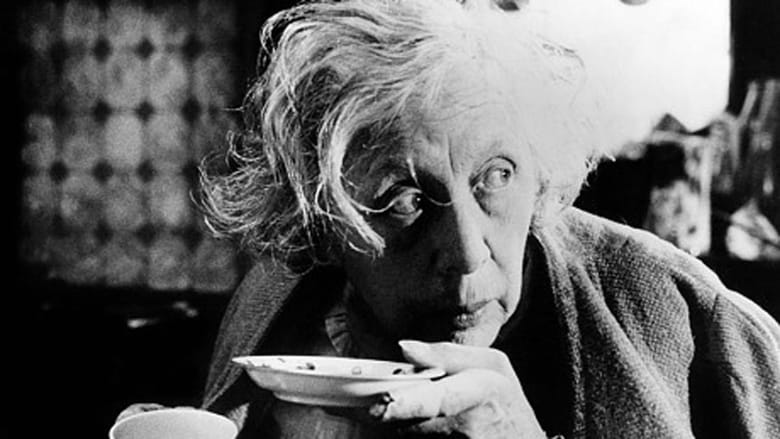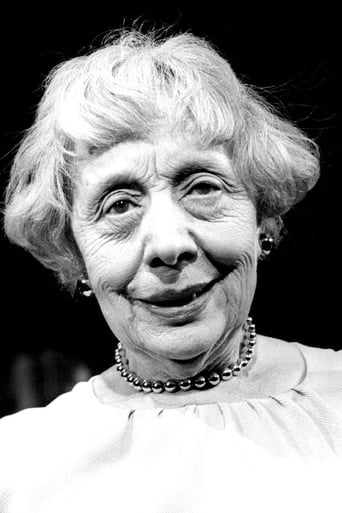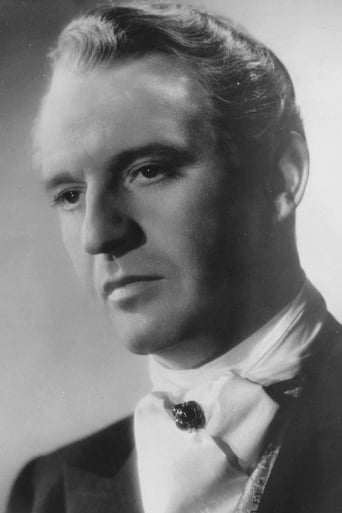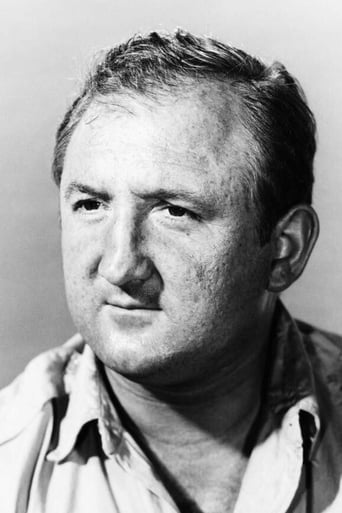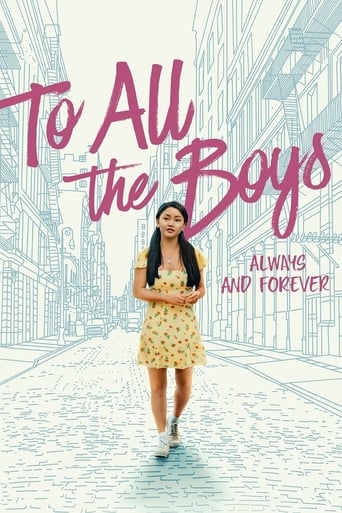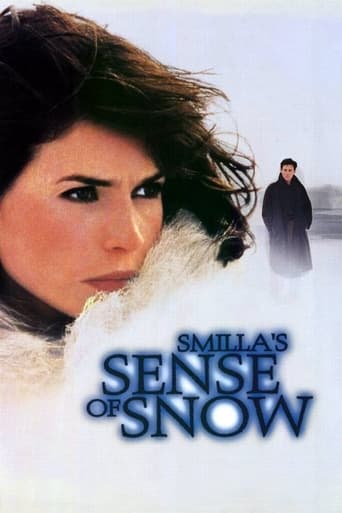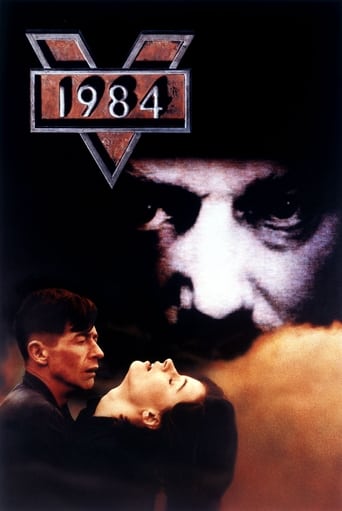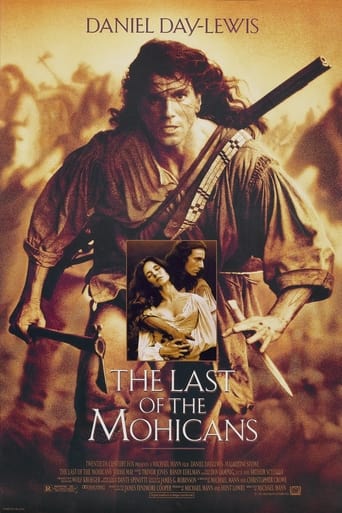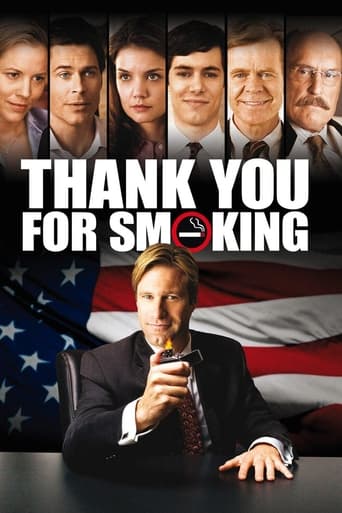The Whisperers (1967)
Margaret Ross is an impoverished old woman who lives alone in a seedy apartment and enjoys a rich fantasy life as an heiress. One day she discovers stolen money hidden by her son and believes her fantasy has come true.
Watch Trailer
Cast
Similar titles

Reviews
Awesome Movie
Very good movie overall, highly recommended. Most of the negative reviews don't have any merit and are all pollitically based. Give this movie a chance at least, and it might give you a different perspective.
A terrific literary drama and character piece that shows how the process of creating art can be seen differently by those doing it and those looking at it from the outside.
One of the worst ways to make a cult movie is to set out to make a cult movie.
Somerset Maugham once made this observation about poverty: "You will hear people say that poverty is the best spur to the artist. They have never felt the iron of it in their flesh. They do not know how mean it makes you. It exposes you to endless humiliation, it cuts your wings, it eats into your soul like a cancer."The spirit of what he said pervades this disturbing film. No doubt this work would have to resonate more in Britain, but even 50-years later, unemployment, abandonment of the elderly, and welfare subsistence are fairly universal maladies of the Western World."The Whisperers" is not a comfortable experience. A disturbed old woman, Mrs Ross (Edith Evans), who lives alone is slowly losing her grip on reality, she lives in impoverished circumstances and is dependent on welfare. When she accidentally comes into a little money, she is preyed on like a wounded animal in the jungle. Even her son, Charlie (Ronald Fraser), and her estranged husband, Archie (Eric Portman), take advantage of her.This is more than a performance by Edith Evans; when it's over, you believe Mrs Ross existed.She lives in a society where ruthless opportunists abound. However, the story is not devoid of decent people; her young neighbour and especially the understanding Mr Conrad (Gerald Sim) at the welfare office redeem what would be a very jaundiced look at modern life.Bryan Forbes was a man of many talents: actor, writer and director, but this film would have to be at the pinnacle of his achievements. The film boasts brilliant photography and real locations. You can almost smell the rising damp and cheap tobacco, and feel the mud splattered on your shoes - not to mention the edge of the cut-throat razors in one disturbing scene; powerful imagery in the impressive tradition of British 'kitchen sink dramas'.The film has a score by John Barry. Although I didn't see this film until 50 years after it was made, I knew the theme far earlier from a Barry compilation album, and always wanted to see the film it went with. This was before Barry settled into that languid style when many of his scores seemed interchangeable. During the 60's and 70's he was the one of the most experimental composers. He used a harpsichord here in a small-scale work, which suited the poignancy and bleakness of the story.Although dramatised, the film shows a slice of modern life, but from a rather dispassionate point-of-view; it hits home all the more because of it.
The film's redeeming quality is the performance of Dame Edith Evans. Dame Edith, who was so good in "The Nun's Story," 8 years before, shines here in the lead role of an elderly woman, living a bleak existence is a run-down part of London.With her miserable existence, Dame Edith seems to survive doing charitable work, attending church services and complaining about her life's daily existence. She seems to make the most of her drab atmosphere. The scene, particularly at the beginning, reminded me very much of that in "How Green Was My Valley."The film also brings out that while the government attempts to aid the elderly in England, they really don't do a very good job.The crime element here of Mrs. Ross (Edith Evans) being a victim is subordinate in relation to her difficult life. Her husband walked out on her so many years before and her son is jailed for robbery.Eric Portman, as her husband, plays the husband who returns to her after many years, when contacted by the police following Mrs. R's near fatal bout with pneumonia. You know he is never coming back after he literally falls into all that money."Are you there,?" Mrs. Ross asks after returning home. The emptiness of her life shall continue, but there must be some renewed satisfaction on her part for being able to resume the life she led-alone for so long.The picture doesn't succeed here because we're longing for better days for Mrs. Ross. Those happy days, away from her for so long, are not coming back.
There are many goo reasons to watch this gritty, incredibly depressing and yet rewarding film, but the biggest thrill for me was the unexpected cameo by Leonard Rossiter. As someone who watched "The Fall and Rise of Reginald Perrin" as a young teen (which had a huge impact on me) and who thinks Leonard was a one-of-a-kind actor, one of those rare performers who is so unique he cannot be imitated or duplicated, any glimpse of him performing different kinds of roles is always a treat to come across. It's great to see him playing a bit part here, completely convincing (as always) and without a hint of humor, again showing he was just an incredible actor first, who later became known for being a truly exceptional comedic performer with such characters as Rigsby the landlord in Rising Damp. If you are a fan, it's great to get a glimpse of him from 1967.
The Whisperers is a quiet British film set in Manchester, England which is northern and quite separate from the southern part of the country. In this film, Dame Edith Evans plays Margaret or Maggie Ross, a lonely elderly woman, who has a son, Charlie, and an estranged husband, Archie. The film opens as she spends her day going to the police complaining about the interracial couple upstairs or anything. She goes to the library to read the newspaper and places her feet by the heater for warmth. She also stops at the office for assistance where one person, Conrad, played wonderfully by under-appreciated Gerald Sim looks upon her very well. Her son visits for only five minutes and leaves a secret stash of money behind which causes more problems than solves for her. Maggie is quite lonely but fiercely independent. She gets the money and believes it's hers from assistance. Not realizing it may have been her son's stolen money, Charlie goes to prison but no mention of him after the money leads to meeting a woman who takes her to the bar and takes advantage of Maggie's vulnerability. Once she is passed out, the wife's husband takes her and dumps her near her home. They have robbed her and left her to die in exposure. She survives and recovers and somehow the audience meets Archie who is bribed into taking Maggie home from the hospital and staying with her. Maggie kept all of his newspapers just as he ordered and read them in her spare room which was like a library. When she comes home to the flat, the room is cleaned up. We learn that the newspapers symbolized her husband's presence in the household. After all, she never bought the paper but read it at the library for free. So all the old papers were his is cleared up. You feel sorry for Maggie but there are so many of Maggies out there who just want a little companionship, friendship, and compassion without something in return. Dame Edith Evans surely proved her acting skills making us feel for Maggie Ross.
